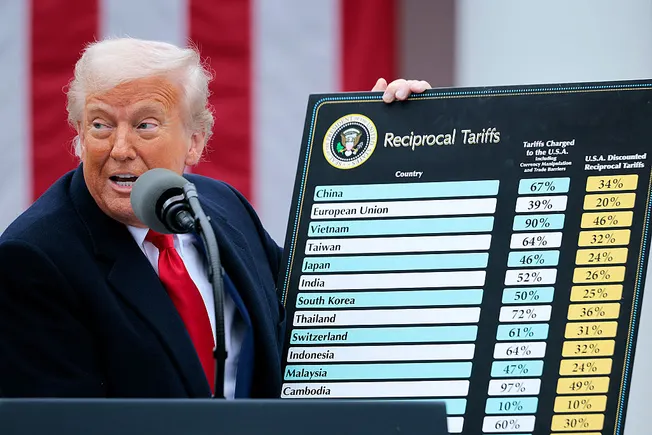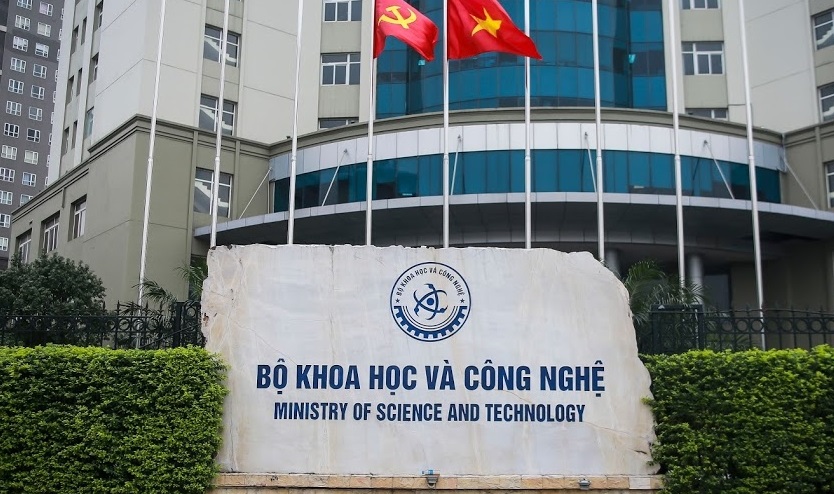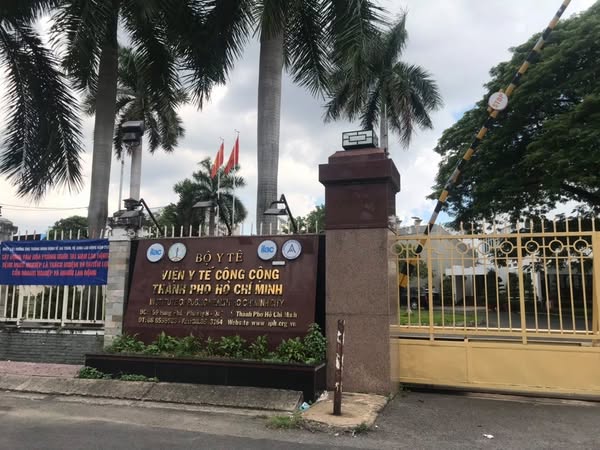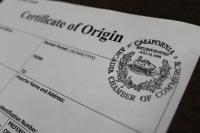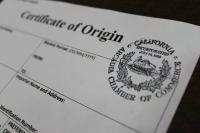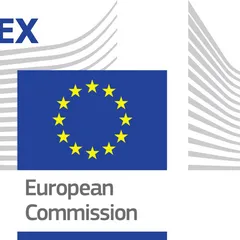CONTAINER SHORTAGE SPARKS COFFEE SHIPPING EXPERIMENT
A break-bulk vessel named Eagle has wound its way from Lampung in Sumatra, through the Mediterranean and is now headed for New Orleans. Transporting robusta coffee bags stacked in its hold to the U.S. -- where roasters are starved of supply -- it’s one of the first shipments of this kind in over 20 years.
CONTAINER SHORTAGE SPARKS COFFEE SHIPPING EXPERIMENT
A break-bulk vessel named Eagle has wound its way from Lampung in Sumatra, through the Mediterranean and is now headed for New Orleans. Transporting robusta coffee bags stacked in its hold to the U.S. -- where roasters are starved of supply -- it’s one of the first shipments of this kind in over 20 years.
- Industry trials break-bulk vessels for first time in decades
- Singapore traders Olam, Brazil’s Cooxupe using the alternative
In the coffee trading world, a ship steaming across the Atlantic Ocean is garnering a lot of attention.
A break-bulk vessel named Eagle has wound its way from Lampung in Sumatra, through the Mediterranean and is now headed for New Orleans. Transporting robusta coffee bags stacked in its hold to the U.S. -- where roasters are starved of supply -- it’s one of the first shipments of this kind in over 20 years.
The ship is part of a burgeoning experiment in the industry where producers, roasters and traders are looking to leapfrog a global container shortage that’s causing an unprecedented backlog of shipments.
“At the point when we were seeing shipments getting delayed, customers really struggling to get their supplies in time and getting access to coffee, that’s when we started to look at it,” Manish Dhawan, senior vice president for coffee at trading company Olam Food Ingredients, which chartered Eagle, said in an interview. “If you speak to some of the older traders, it was the late 80s, or perhaps the early 90s, when they last did it, so this is really a new frontier kind of thing for us as well.”
Staggered economic restarts during the pandemic and an acceleration of online buying has created an all-out fight for freight. That’s rendered shipping containers at best expensive for moving coffee, at worst unobtainable, adding fuel to prices propelled to decade highs by a shortage in Brazil this year.
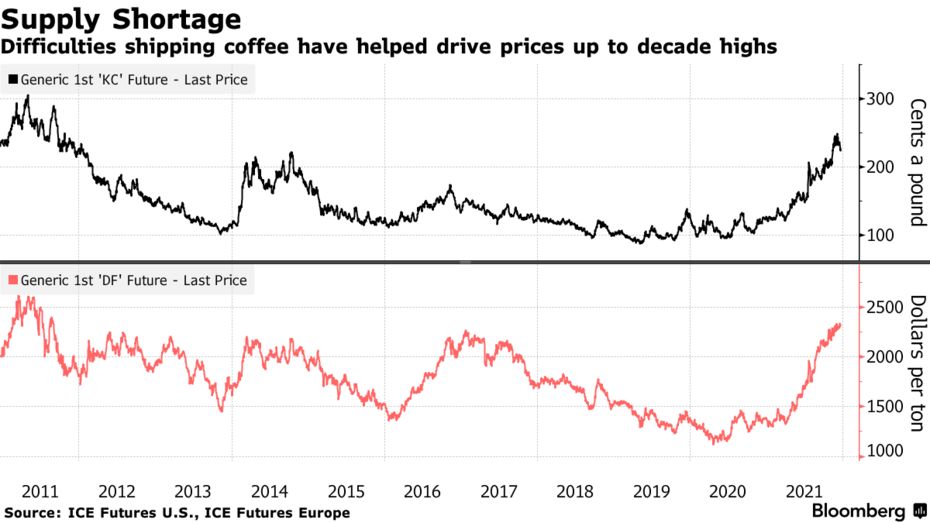
Olam expects roasters to start utilizing old-school shipping without containers more in the future. In a separate shipment on the Eagle, arabica coffee from Brazil was recently unloaded in Bremen.
Other break-bulk vessels are also setting sail from Brazil’s Santos Port, where the world’s top arabica cooperative Cooxupe shipped 108,000 bags of coffee to Europe in a ship leased by a client early in December, according to commercial director Lucio Dias. The cooperative will handle two more cargoes of coffee bags without containers in January.
“We made an experiment as some clients have been adjusting to this new shipping modality to solve shipments bottlenecks,” Dias said in a telephone interview. “But it’s a complex operation.”
Everything is harder handling bags compared with containers, from the inland transportation in the origin to the reception at the destination, as only some ports have adequate equipment to lift the bags from a vessel’s hold, he said. Typically, coffee is either poured in bulk into special containers, or bags are stacked inside containers for easier sea and rail transportation.
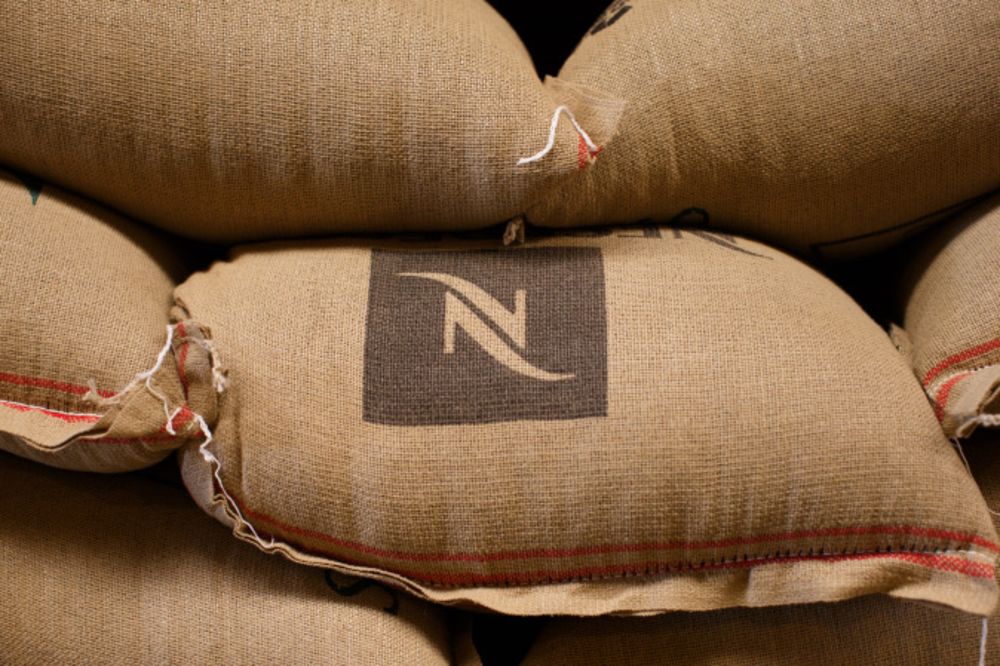
Bags of coffee beans at a handling terminal at the Port of Antwerp, Belgium, in May 2014.Photographer: Jasper Juinen/Bloomberg
Cooxupe expected to load its first break-bulk vessel with bags in two days, but it took more than five as the operation was disrupted by rain, Dias said. Costs were also higher than initially estimated, leading the cooperative to renegotiate the values of new shipments with its client.
Dias expects the logistic bottlenecks to continue in the first half of 2022 as new isolation measures are adopted by different nations to fight the spread of Covid’s omicron variant.
“Logistics are obstructed all over the world, and it will take a long time to undo this knot,” Dias said.
Not everyone will be able to do these kinds of trades, which require a huge amount of coffee and are very capital intensive. But already market players are talking of break-bulk as a way of alleviating a bottleneck that has seen coffee pile up in Vietnam, the world’s biggest producer of robusta coffee.
“I’m quite certain that people will be looking at it, we have heard of a couple of vessels being planned, and we are evaluating our options,” said Olam’s Dhawan.
That could in turn impact prices, said Carlos Mera, Rabobank’s head of agricultural commodities research.
“The Vietnamese and Brazilian robusta crops are potentially both records, so if shipments move a bit more normally, that could bring prices down,” he said.
— With assistance by Marvin G Perez
Source: bloomberg.com By Archie Hunter and Tatiana Freitas


